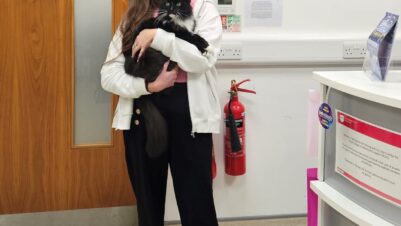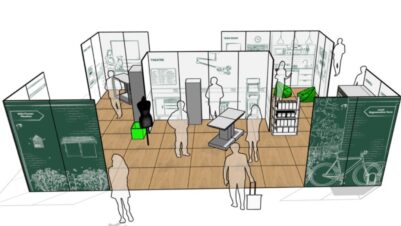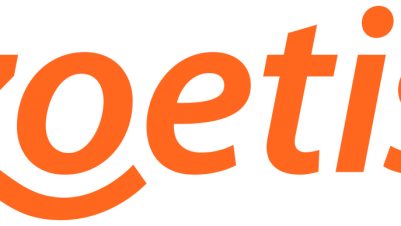
New research from the Royal Veterinary College (RVC) has found electroacupuncture has good success in treating equine trigeminal nerve-mediated headshaking (TMHS), with nearly two-thirds of horses showing improvement after treatment.
TMHS is a condition that causes uncontrollable and involuntary head shaking and flicking in horses. TMHS is a very painful and distressing disease for horses and can make it dangerous for horses to be ridden, with the most extreme cases leading to euthanasia. Although the exact cause has not yet been identified, it is presumed that the trigeminal nerve in affected horses reacts excessively to external stimulation. Currently, there is no cure for the condition. However, electroacupuncture, which is the use of needles and an electric current to change the pain perception in the nerve, has been successful in treating TMHS in a small number of cases (Devereux, 2017), but results from a more substantial number of cases have not yet been assessed.
Therefore, the research team, led by Bettina Dunkel, head of equine and professor in equine internal medicine, emergency and critical care at the RVC and four external collaborators, set out to retrospectively assess the effectiveness of electroacupuncture for treating horses with TMHS in a large sample group.
The research was conducted using a multicentre retrospective case series of 42 horses. The data collected included the profile of the patient, the history, duration and severity of TMHS, the diagnostic tests performed, the number of electroacupuncture treatments and the effect of treatment as perceived by the owner or primary veterinarian.
Information was retrieved from clinical records of horses treated for TMHS with electroacupuncture between 2015 and 2024 by one of the participating veterinarians. The owners or primary veterinarian were contacted for follow-up information and the grades of headshaking before the first and after the last treatment were compared, using a scale of 0 to 3.
The findings showed that the procedure was well tolerated by all horses and achieved a significant improvement in headshaking, with the median grade before treatment at a 3 and after treatment at a 1.
Overall, 64 percent of cases showed an improvement in TMHS after their final treatment with complete resolution of signs seen in 33 percent of horses. No improvement was seen in 31 percent of cases and two horses (4.8 percent) experienced worsening of clinical signs post-treatment.
Researchers concluded that electroacupuncture was well-tolerated with minimal complications arising and improvement seen in the majority of horses. This is comparable to a similar technique, percutaneous electrical nerve stimulation, known as PENS, that has been used in horses (Roberts et al., 2020).
Advantages of electroacupuncture include its low complication rate and that it can be carried out successfully in the yard.
Researchers suggested that refinement of the electroacupuncture technique over time, such as changing the duration of the treatment or electrical frequencies used, could help increase the success rate and create longer remission periods. Ruling out other causes of headshaking as much as possible prior to treatment is also essential.
Bettina Dunkel, head of RVC equine and professor in equine internal medicine, emergency and critical care, said: “Electroacupuncture is a viable treatment option for horses suffering from this devastating disease. We are very pleased with the results of the study and hope that it will encourage veterinarians and horse owners to pursue this treatment option.”
The electroacupuncture machine was kindly sponsored by the RVC’s Animal Care Trust.






